The Hostetter family opens their hearts to a little girl with Down syndrome.
When Mindy Hostetter brought her sweet 3-year-old daughter, Alaina, to meet her grandmother for the first time, she braced herself for a less-than-positive reaction. “[My grandma] always says exactly what she thinks … I thought, ‘Just be prepared. She will probably not understand,” she recalls. But to Mindy’s great joy, her grandma fell just as in love with Alaina as everyone else in Mindy and her husband, Robert’s, lives.
“This,” her grandma said, “is the best thing you have ever done.”
She is not alone in that opinion. Across the U.S., the Hostetters are among a growing number of families who have experienced the joy and beauty in adopting a child with Down syndrome. China, in particular, has seen a significant growth in the number of children with Down syndrome joining families overseas. But not because of a sudden surge in the number of children with Down syndrome. And not because more children are being abandoned.
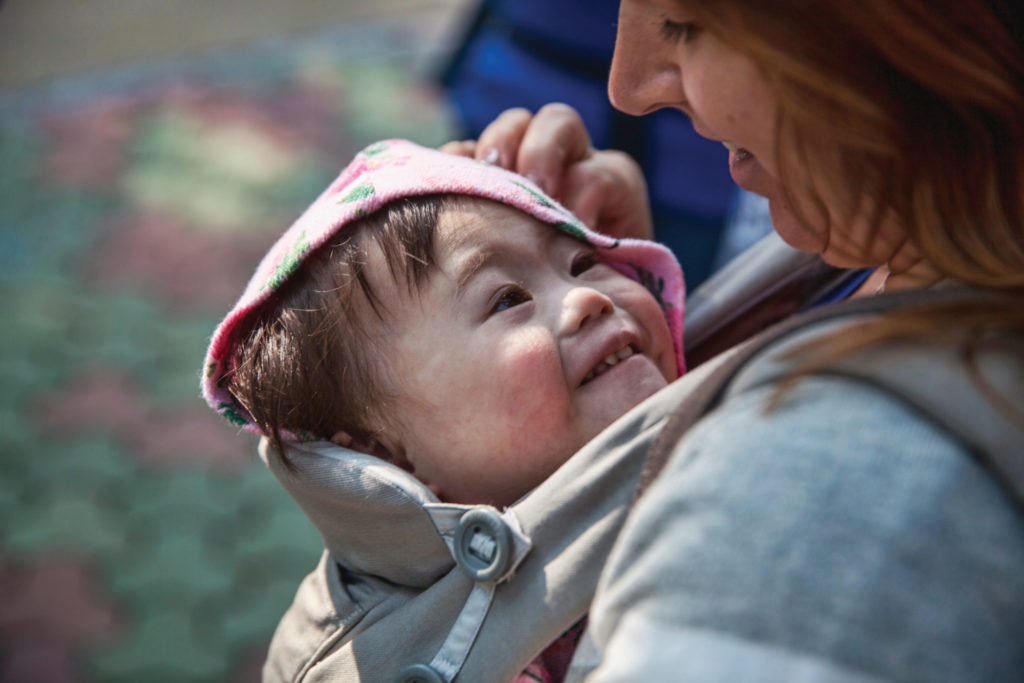
“There’s always been an overwhelming number of kids with Down syndrome — all over China,” says Jessica Zeeb, child match coordinator for Holt’s China program. But for years, orphanages weren’t taking the necessary steps for children with Down syndrome to be considered for adoption. “They thought they weren’t adoptable,” Jessica says.
Our China program staff saw otherwise. Confident that families would be open to children with this developmental special need, our staff began requesting files — and successfully matching children — from several of our partner orphanages. That’s when the tides began to turn. “We were able to go back to the orphanages and say, ‘Hey look! These kids are place-able. Can they be placed in foster care to receive early intervention?” says Jessica.
In response, orphanages began placing more children with Down syndrome in the care of foster families — providing the critical, one-on-one attention all children need to reach developmental milestones. Many children are also now receiving the physical, occupational and speech therapies that children with Down syndrome often need to thrive.
“It’s an extra head start,” Jessica says of these early interventions. “They just need a little extra love to reach their full potential.”
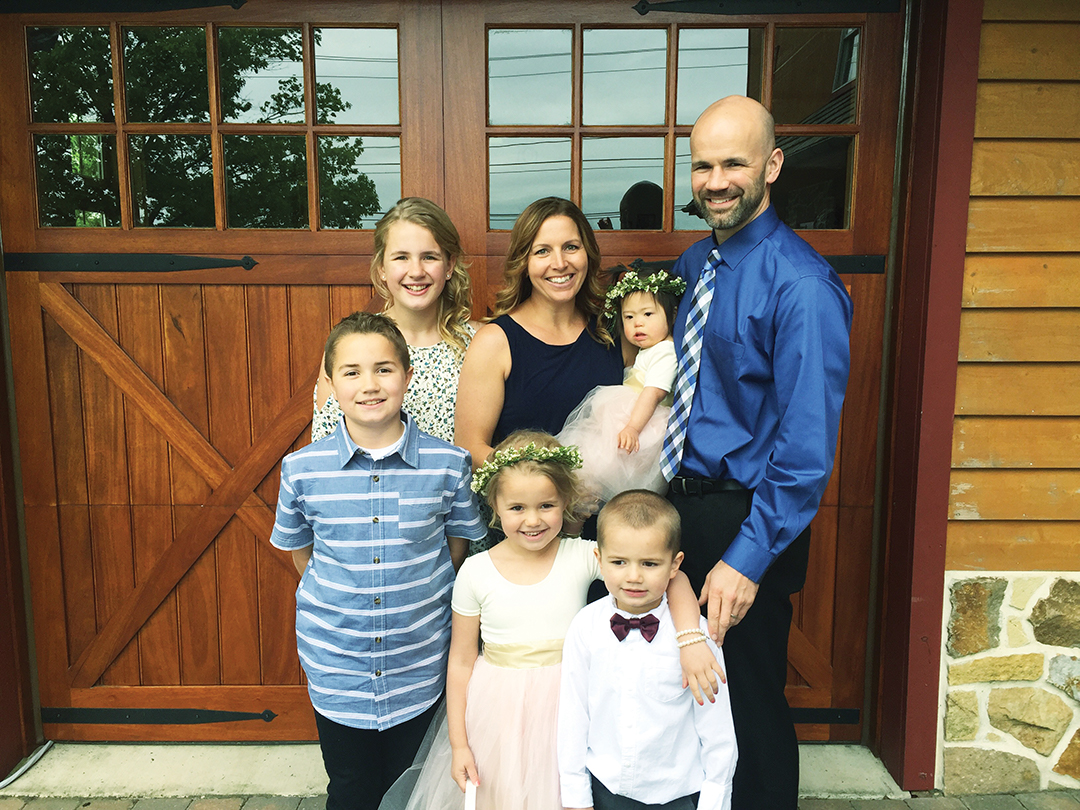
In care at an orphanage until she joined her family, Alaina missed out on early intervention in China. But once home, the Hostetters immediately began working to access therapies for Alaina.
As children with Down syndrome have lower muscle tone than typically developing children, physical therapy will help Alaina build the strength she needs to reach milestones like walking, while occupational therapy will help her develop her fine motor skills.
“She’s already been fitted with orthotics — cute little ankle braces that hug her heel and support her foot and ankle,” Mindy says.
Although experienced parents — with four biological children still at home — Mindy and Robert had no direct experience with Down syndrome before deciding to adopt Alaina, and coordinating resources to help their daughter thrive has required extra time and energy. But overall, Mindy says, parenting Alaina so far is not too different from parenting her other children.
“There are challenges, obviously, it is challenging,” says Mindy. “Things take a little more time … There’s a little bit more that you have to be intentional about.”
Once Alaina reaches school-age, the Hostetters will need to advocate for their daughter through the local school system — developing an individual education plan to help her reach her full potential. “My kids go to a small Christian school, so my heart’s desire is that she’ll be able to attend school with them,” says Mindy. Most important, though, is that they can “support and encourage and teach her to do what she wants to do.”
Part of what has set the Hostetters up for success is their willingness to seek out people and resources in their community. Before Alaina came home, Mindy and Robert attended a one-day Trisomy 21 conference in Philadelphia, where they heard from educators and therapists and audiologists and — perhaps most valuable of all — other parents. “They were very willing to give advice,” says Mindy, who emphasizes that finding a community of people experienced with Down syndrome was among her first priorities when considering whether to adopt Alaina.
Holt’s China team is now actively recruiting families for children with Down syndrome, and Jessica says we are looking for people like the Hostetters who will be good advocates for their child and who are good at accessing resources — “who will go into their community and school and meet with doctors and find what’s available to them.”
Prospective parents will need to prepare for medical conditions common in people with Down syndrome, and for communication to be challenging at first as children with Down syndrome have anatomical and physiological differences that affect their ability to develop clear speech. For children who have stayed in an orphanage, like Alaina, speech may be further delayed. Mindy says Alaina is not speaking yet, but she’s learned some sign language and she’s working with a speech therapist.
As Alaina gets older, Mindy hopes she will always be included, and she will be able to find something that “she loves and use her gifts” — a hope that’s currently much more likely to be realized in the U.S. than in China. “If they stay in China, most children with Down syndrome will be institutionalized for the rest of their lives,” Jessica explains. “There are so many things that people with Down syndrome can do in the U.S. that they don’t have in China yet.”
In the U.S., many adults with Down syndrome live in supported group homes, hold part-time jobs and lead semi-independent lives. But as with all special needs, people with Down syndrome vary in their abilities. “She could be home with us forever,” Mindy says. “We processed that really early and said yes to that.”
But no matter what the future holds, Mindy and Robert feel very blessed to be Alaina’s parents, and to watch her personality emerge. “She was very sweet and calm in China,” Mindy says. “I just remember thinking, ‘Wow, she is like an angel child.’ … But she does fuss and she has opinions and she has this little stubbornness about her.”
But mostly, Mindy says, “she is just an absolute joy.”
Robin Munro • Managing Editor
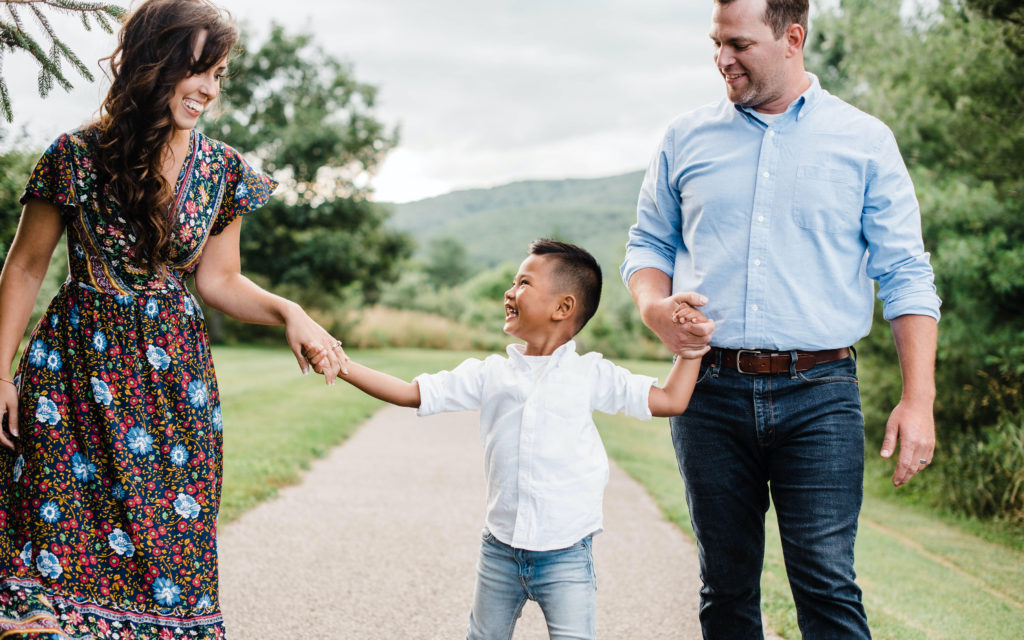
Learn More About International Adoption
We work with families in all 50 states to find loving homes for children from 11 locations around the world!
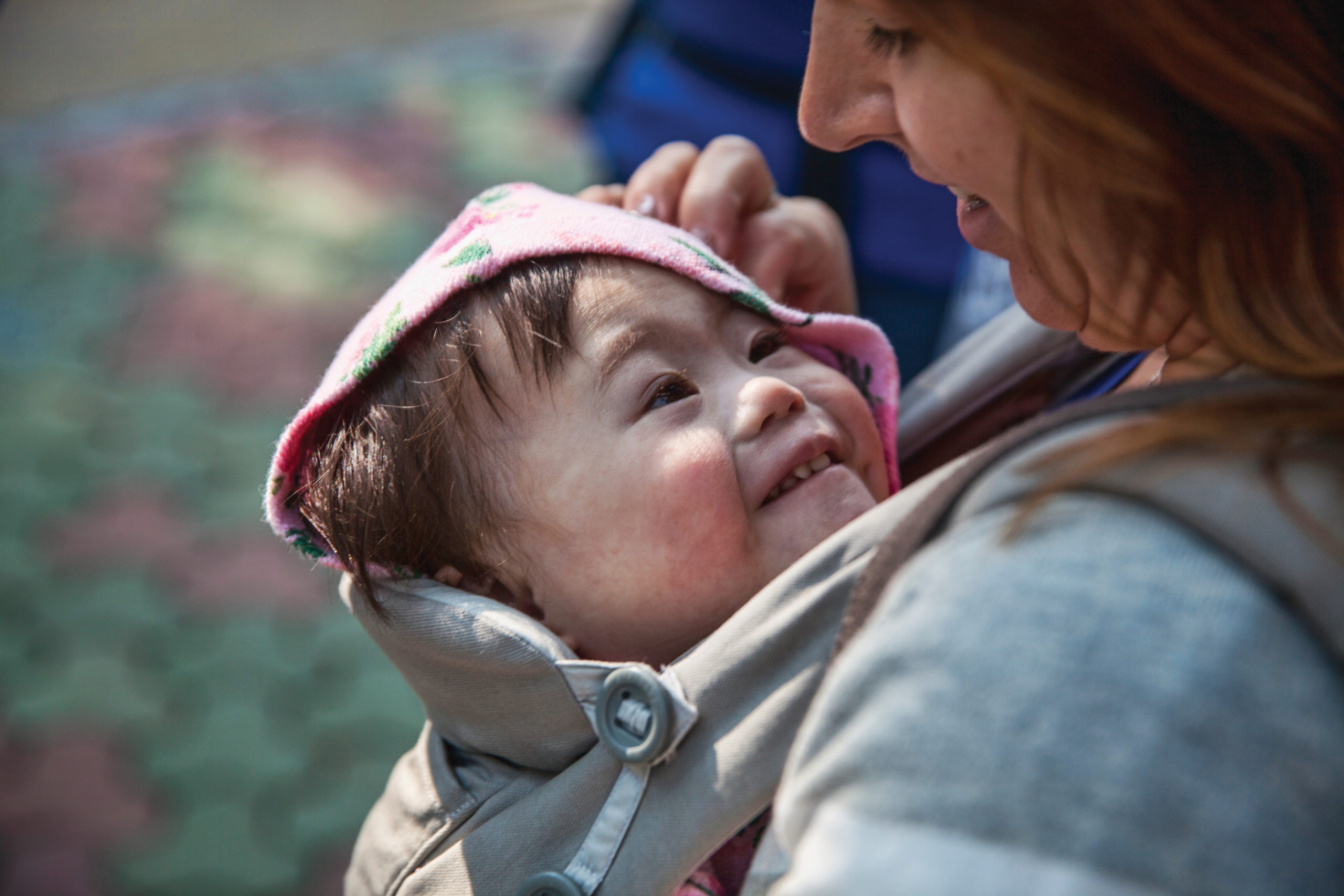
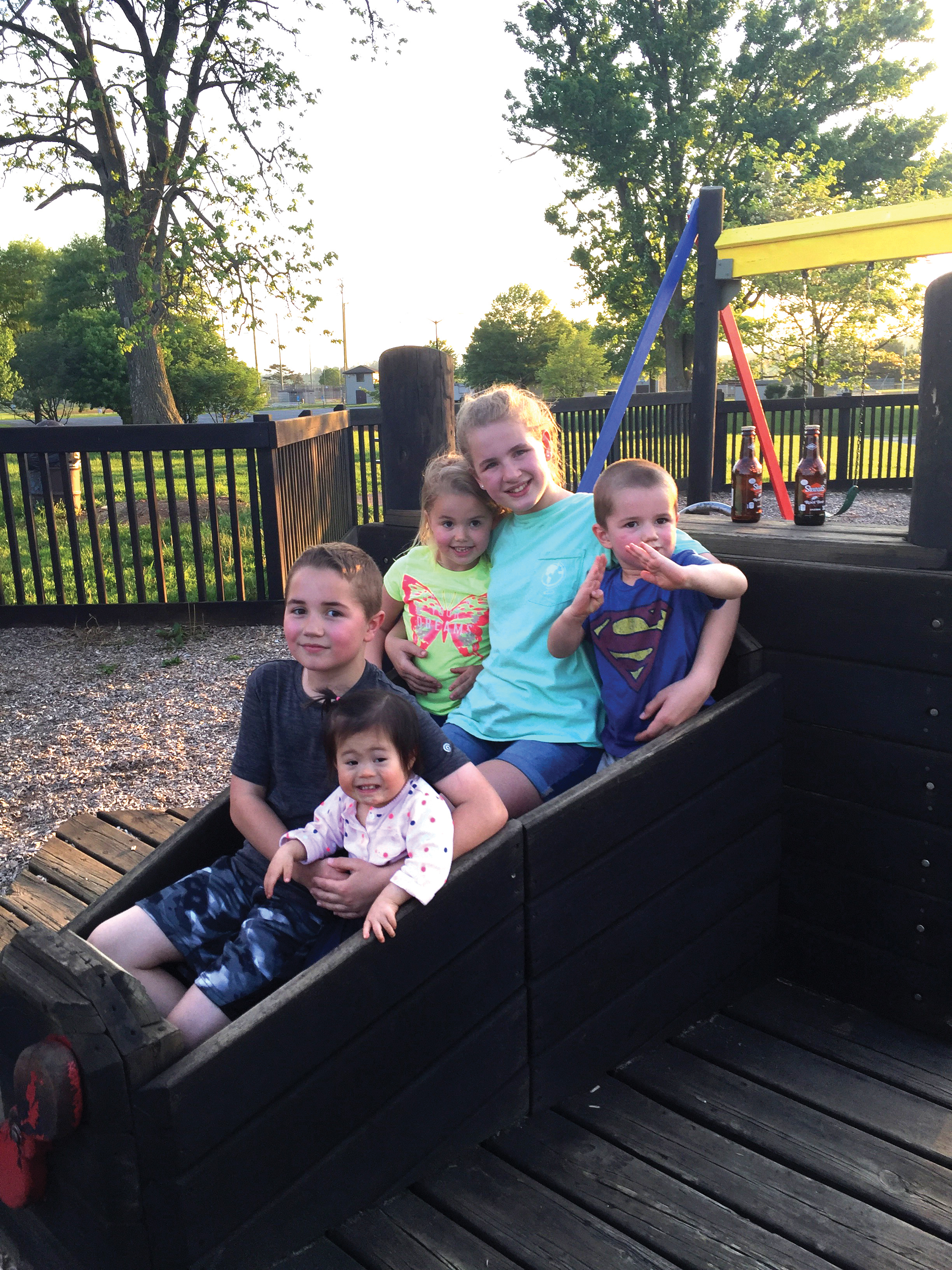
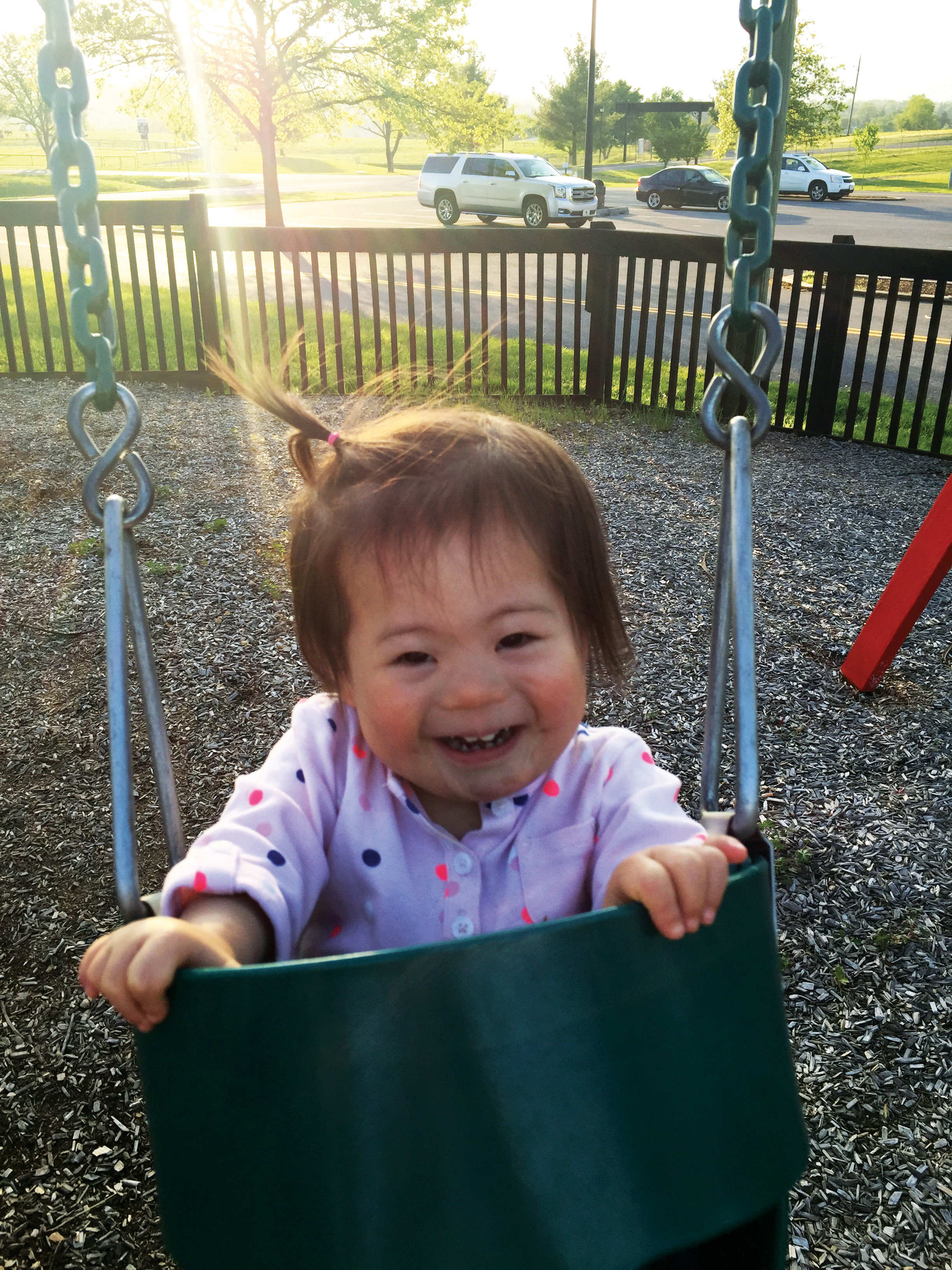
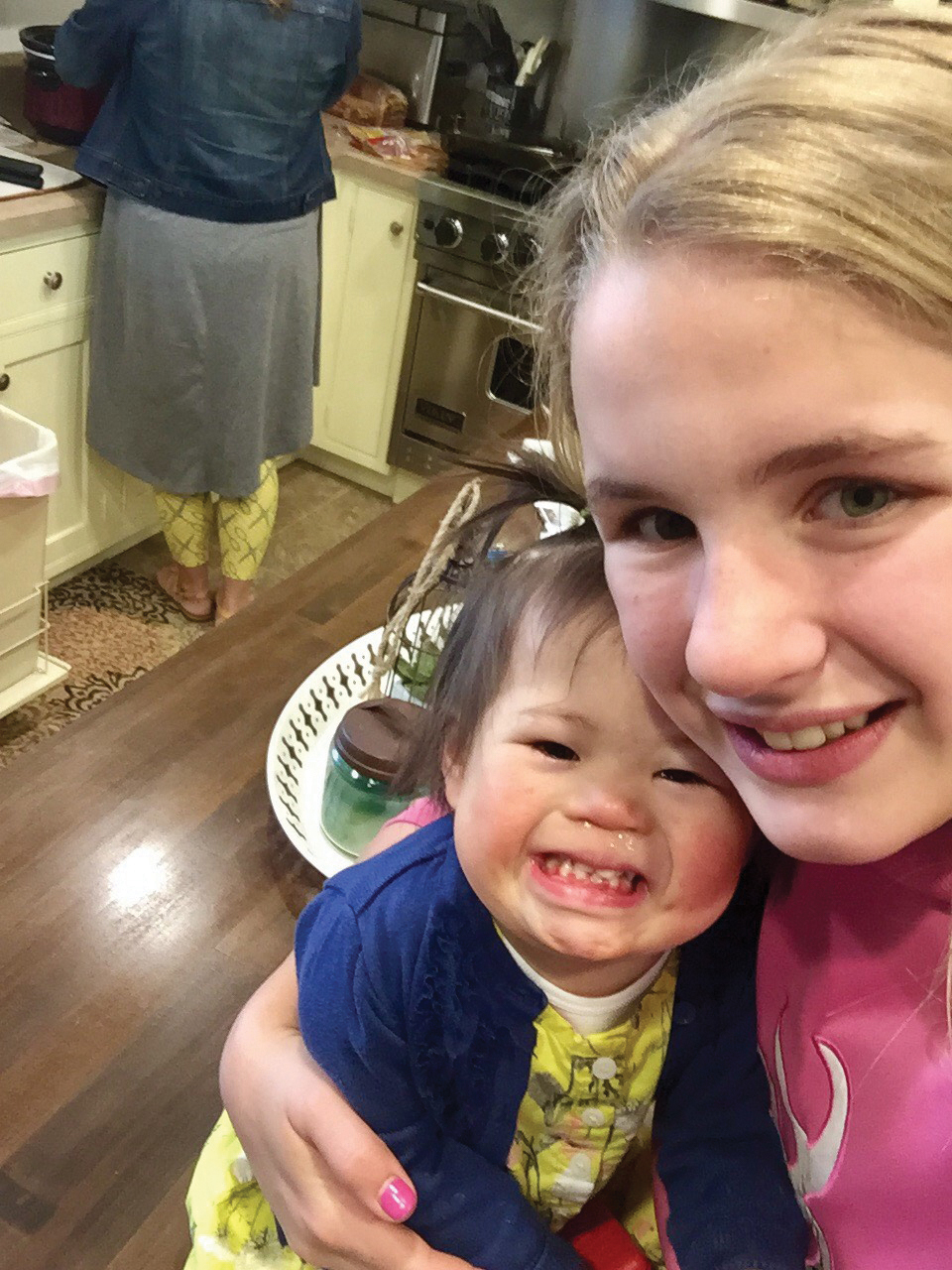
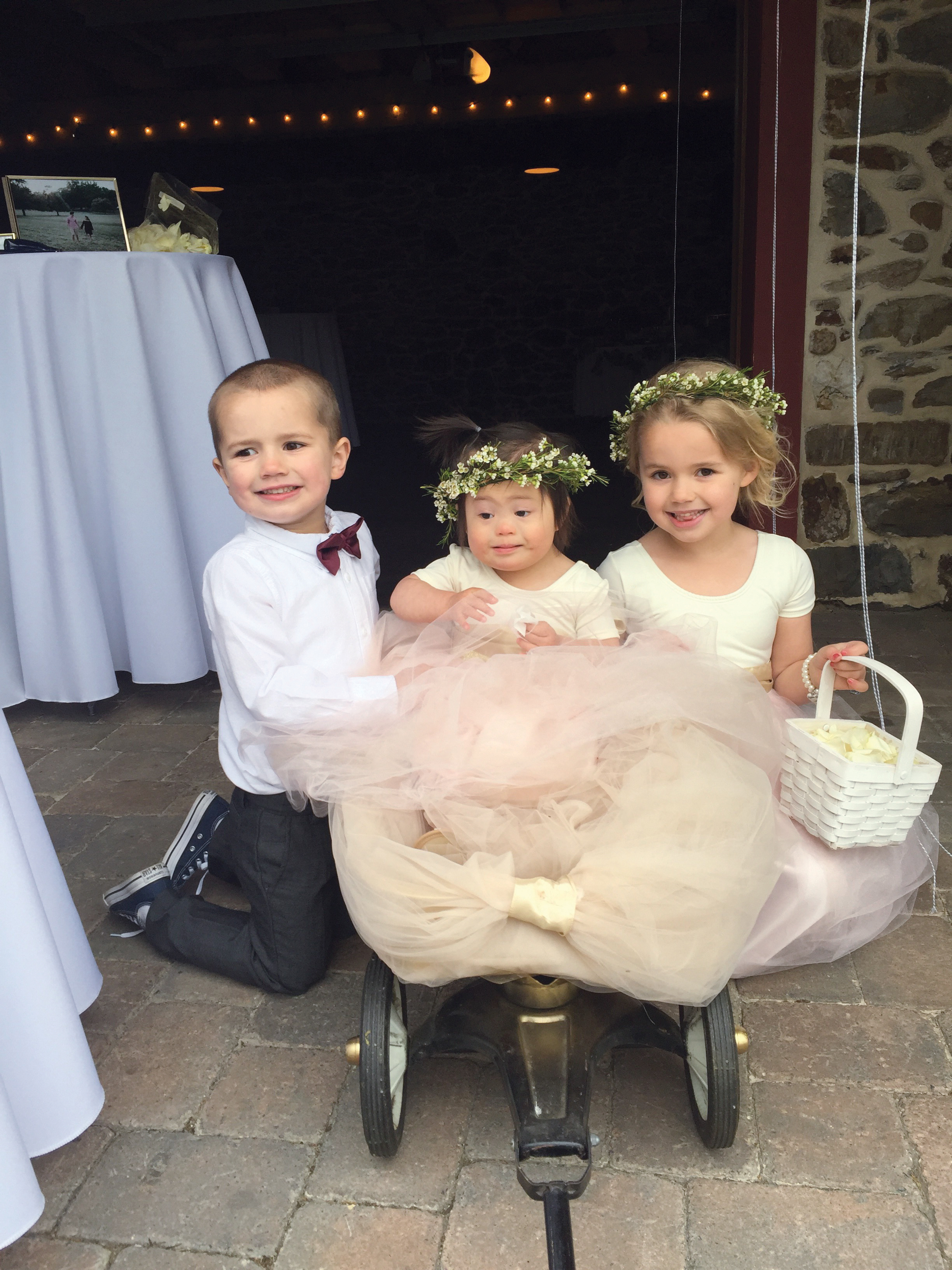
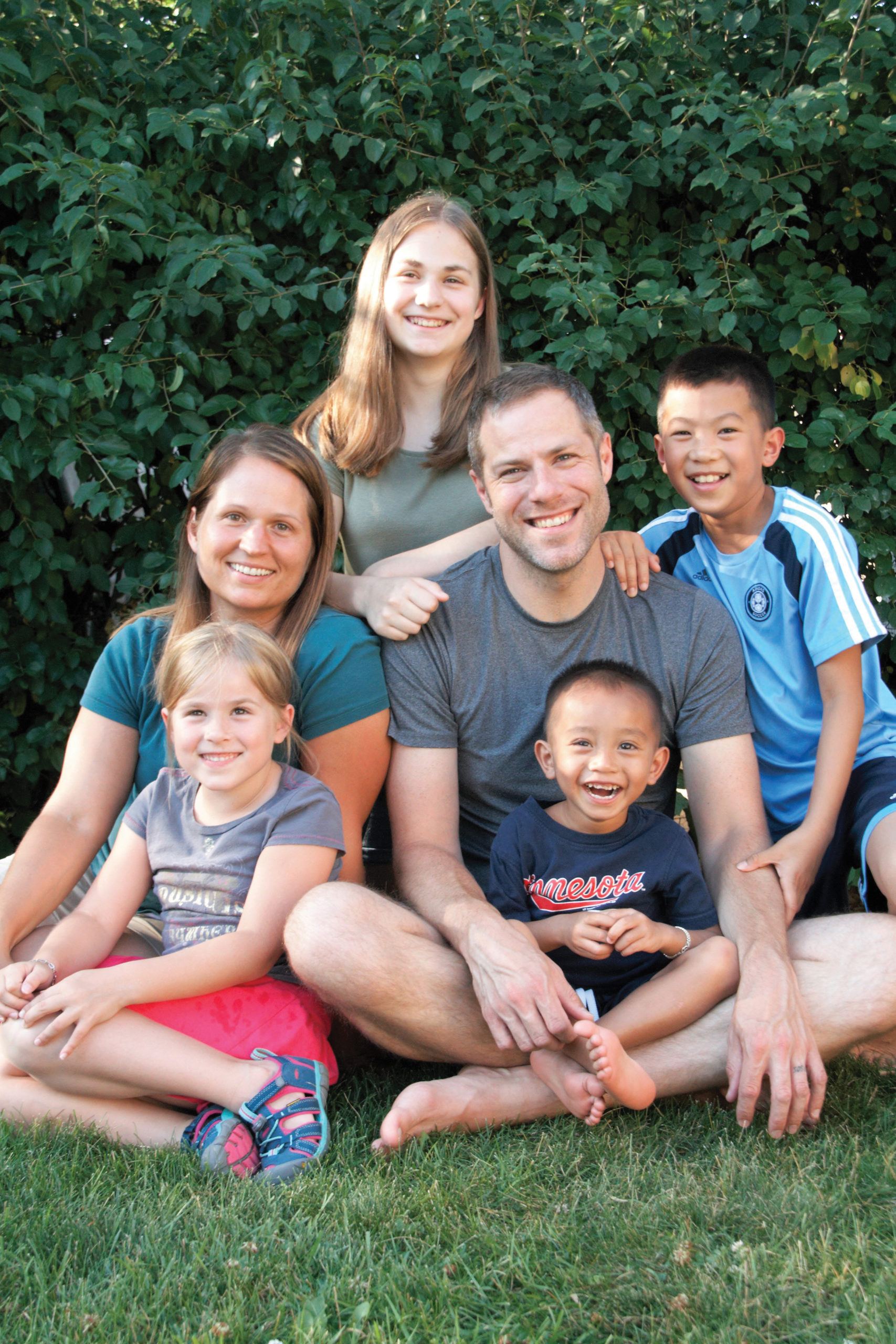
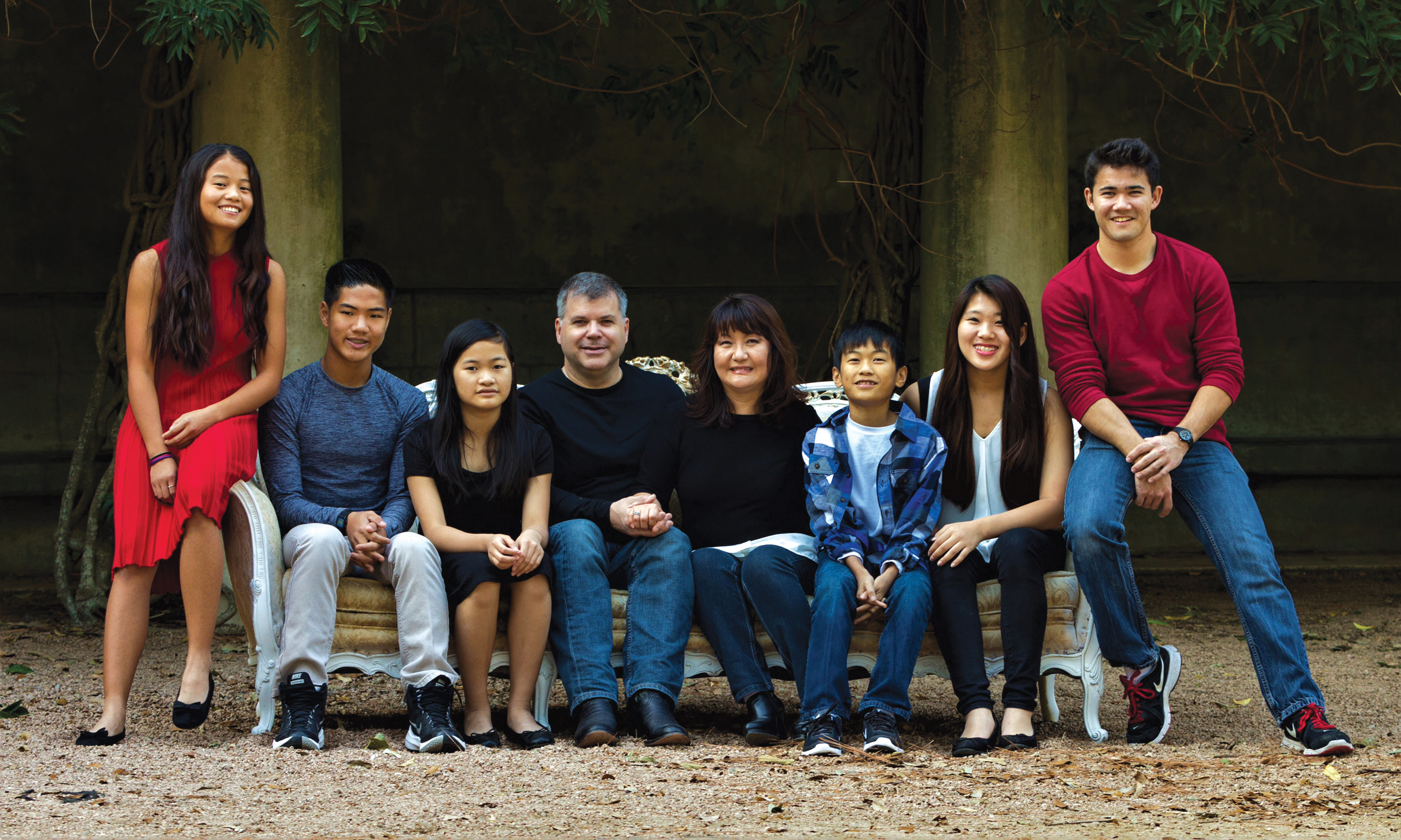
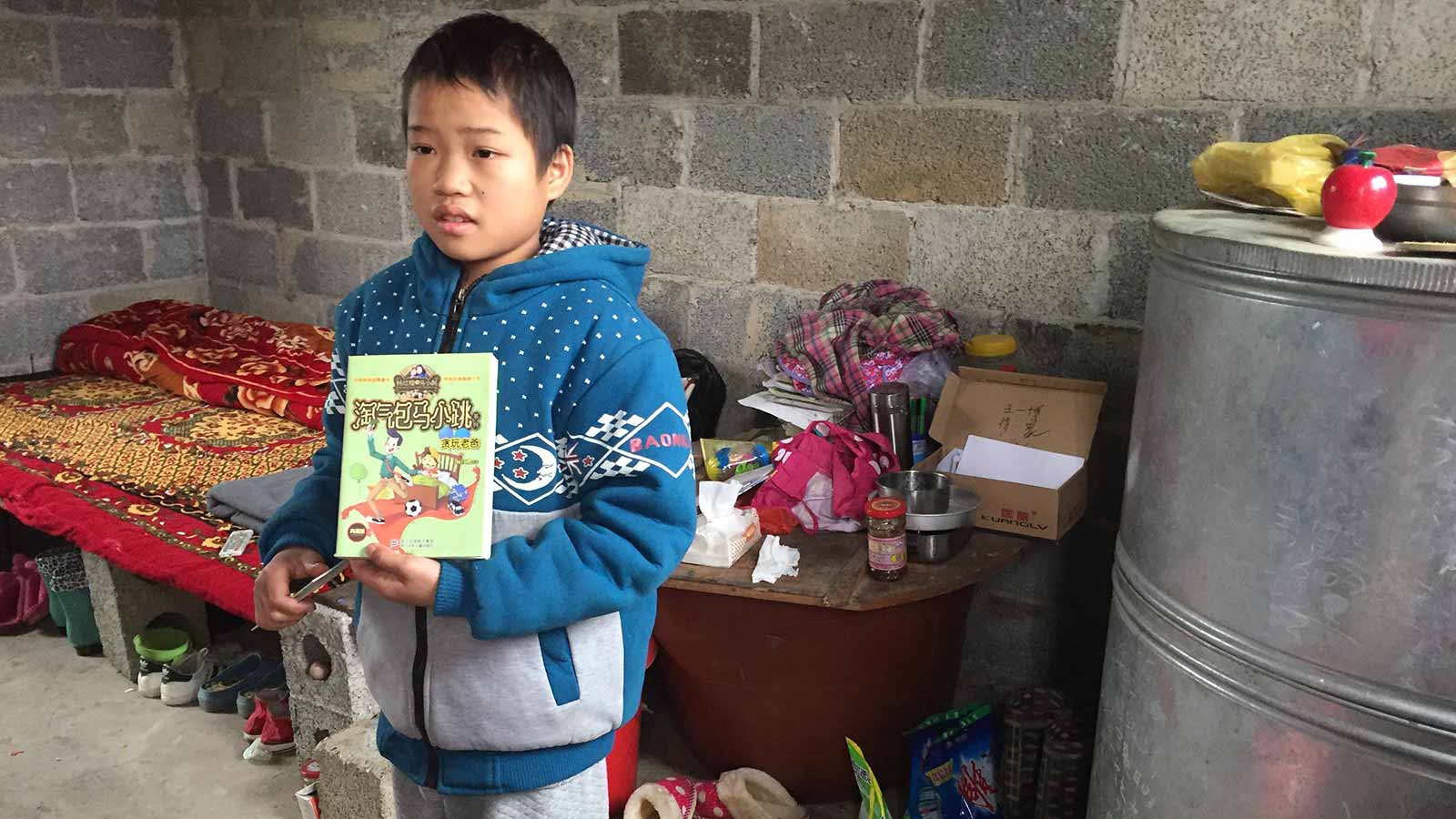


Mindy and family,
You will need to be advocates for your daughter for many years to be sure she receives all she needs and deserves. My husband and I have learned that as we raised our 2 sons with Down syndrome, Chris adopted from Korea in 1986 and Sam from Hong Kong in 1992, both through Holt. We had to advocate in our local school and even our church, plus job sites more recently. They now work part time and live happily together in a family group home near us. They have indeed been blessings in our lives. I’d be glad to answer any questions you have. Becca